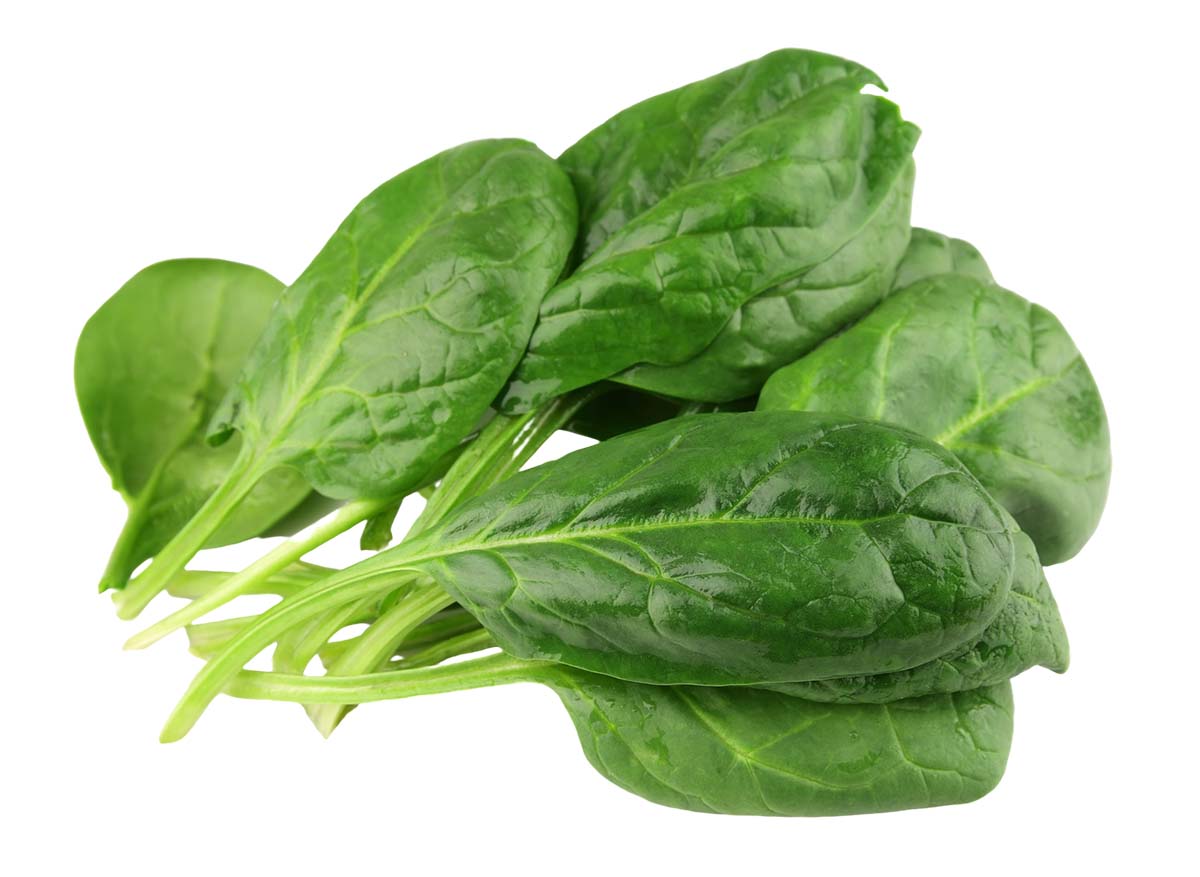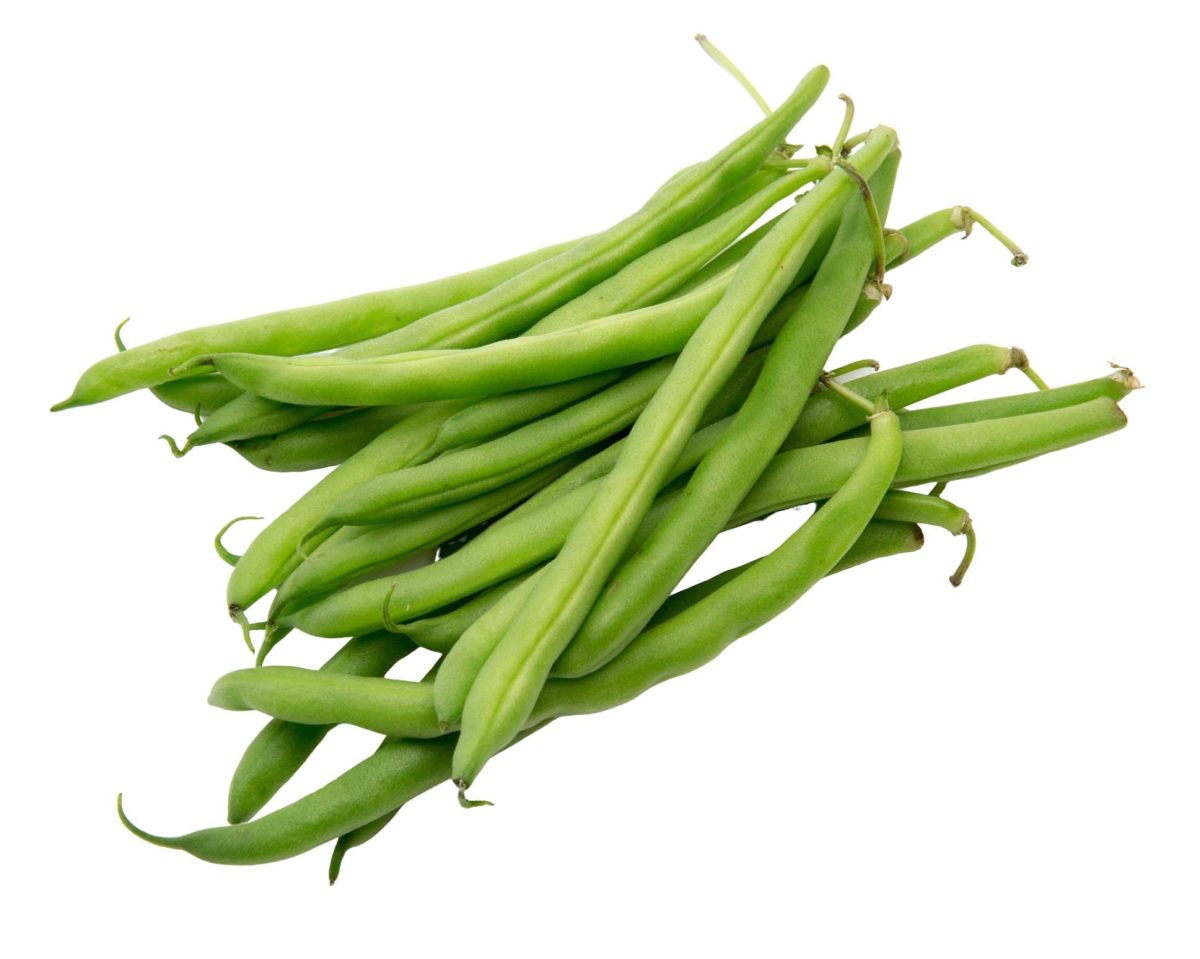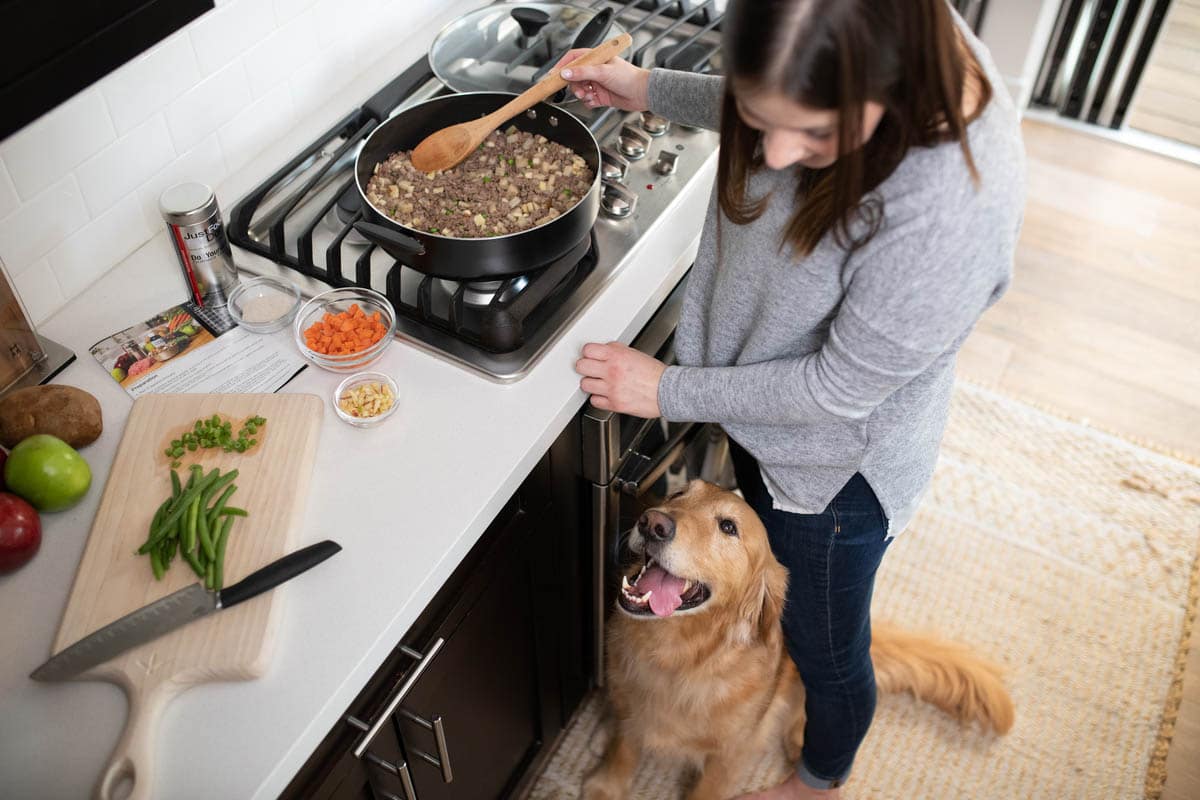Can Dogs Eat Fresh Spinach?
Cooked spinach is OK, but what about raw spinach? Veterinarian Dr. Simon weighs in on feeding fresh spinach to your dog.
Overview: Can Dogs Eat Fresh Spinach?
- Yes, dogs can eat fresh spinach
- Spinach has numerous health benefits
- Moderation is key
Good for you if you’re a fan of feeding your pooch healthy foods. You probably pay attention to the nutritional value of your pup’s food and dog treats and know leafy greens like spinach may boost the immune system and are rich in vitamins and minerals.
But is it safe to feed your floof spinach? If so, is fresh spinach ok? What about cooked spinach? To answer the burning question of “Can dogs eat fresh spinach,” I enlisted the aid of Dr. Linda Simon, a veterinarian at Senior Tail Waggers.
The Health Benefits of Spinach for Your Dog
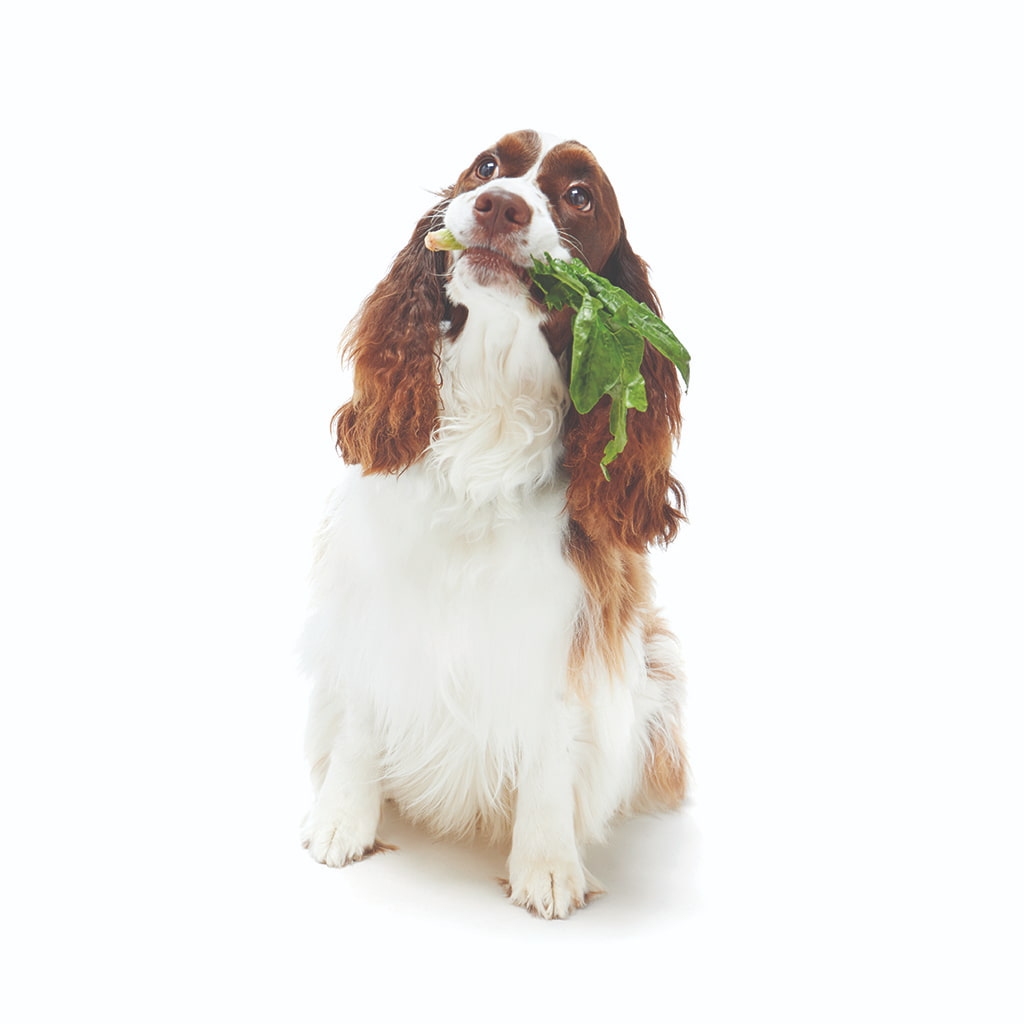
A lot of pet parents want to feed their dogs healthy human foods. Maybe you’re one of them. Carrots, apples, and maybe spinach come to mind. Is spinach good for dogs? If so, you’ll be relieved to know Dr. Simon says spinach is fine.
“Spinach is fine to offer a dog and can be eaten raw or cooked. It is rich in micronutrients, including Vitamin C and iron, and adds a good dose of fiber to your dog’s diet. This is especially useful for those prone to runny poo or impacted anal glands.”
Oh! So, if your pup is having stomach upset, a little spinach might be able to help!
She even says that since raw spinach has a lot of water content, you can offer it to your dog to stay hydrated.
“It is a nice snack to offer on a hot day when we want to keep our dogs well hydrated.”
So, if you like to hike with your dog or it’s just hot on your walks, you could take along some fresh spinach to supplement your dog’s diet. It’s a dog treat that helps your pup stay hydrated.
Vitamins and Minerals in Spinach
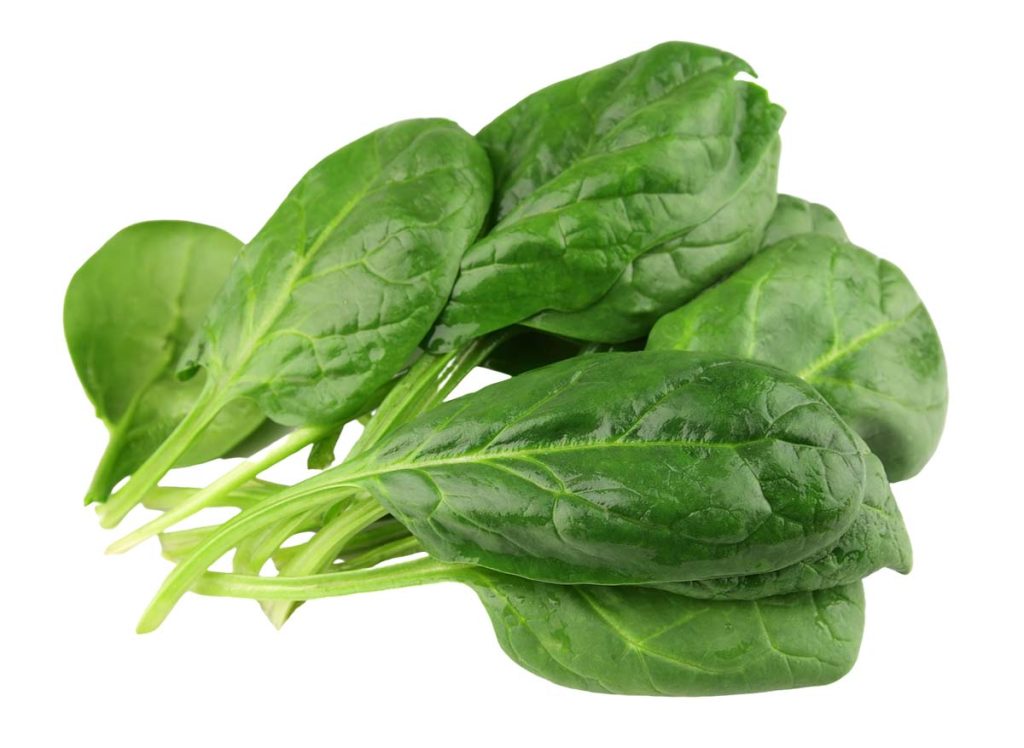
No matter where you are, spinach leaves are a superfood rich in nutritional benefits that support eye health, heart health, and much more!
- Vitamin A: Spinach has beta-carotene, which turns into Vitamin A through digestion. Vitamin A supports vision, overall skin health, and a healthy immune system.
- Vitamin C: Vitamin C is probably the best-known immune booster vitamin, and spinach has plenty of it.
- Vitamin K: I don’t know about you, but I feel like Vitamin K is something of an unsung hero in the vitamin world. That doesn’t mean it’s not important! Vitamin K supports bone health and blood clotting and indirectly positively influences blood pressure. This is because it helps the blood vessels remain supple so blood can flow through them.
- Magnesium: Magnesium supports bone health and overall muscle and nerve function. It works with calcium to promote strong bones and contribute to overall cell health and a healthy heart.
- Potassium: Potassium is an essential mineral that plays a role in supporting all the body’s functions, including kidney health, bone health, heart health, and more. Seriously, potassium is a gold star mineral!
- Folate: Leafy greens like spinach contain the essential vitamin folate. It supports cell and brain health and is especially important for pregnancy.
- Lutein: This antioxidant protects the eyes against oxidative stress and age-related eye problems like macular degeneration.
What Else to Know About Feeding Spinach
Many of these vitamins and nutrients are healthy antioxidants that fight the free radicals that can cause oxidative stress that may lead to cancer. A modern-day scourge, about 50% of dogs over ten get cancer, so antioxidants are essential.
Then, as Dr. Simon says above, spinach can also be good for your pup’s digestive system.
How will your dog like her spinach? You can offer your dog boiled spinach, fresh spinach, or sauteed spinach to your dog. But if you sautee it, it’s better to skip the seasonings and serve it plain.
Potential Drawbacks
However, it’s not all sunshine and superfoods with spinach for dogs. There are some drawbacks to serving your dog healthy human foods. Even with spinach, you risk overdoing too much of a good thing. This is especially true if your dog is small. You wouldn’t feed your teacup Chihuahua the same amount of anything as you’d give your St. Bernard.
Dr. Simon says, “Stick to moderate amounts of this green leafy veg. If too much fresh spinach is eaten or if it becomes a regular part of their diet, dogs risk developing bladder stones and kidney disease. This is due to the high concentration of oxalic acid, which can lead to the formation of calcium oxalate crystals within the dog’s body.”
In other words, too much spinach may give your dog painful kidney damage.
Oxalic acid is a natural compound found in leafy greens and other materials. Your dog’s digestive tract breaks down the nutrients, and waste heads to the kidneys for processing into waste. It can combine with calcium to create kidney stones.
Moderation
Stick to small amounts of spinach for your dog based on size. Depending on your dog’s size, a small amount could be ¼ of a tablespoon.
When you offer your dog new foods, your dog may not even like it, so there’s that possibility. If your dog is healthy and you want to offer your pup a little cooked spinach mixed in with her dog food, why not try it and see if your dog likes it?
How to prepare spinach for your dog? It’s a good idea to wash your spinach to remove pesticides before you cook it and don’t serve your dog large amounts. A little leafy vegetable goes a long way. Otherwise, you could cause your pup to have a stomach upset, diarrhea, or constipation.
If your dog has health issues, we recommend checking with your veterinarian before introducing new foods like feeding spinach to your dog.
Your Healthy Dog’s Diet
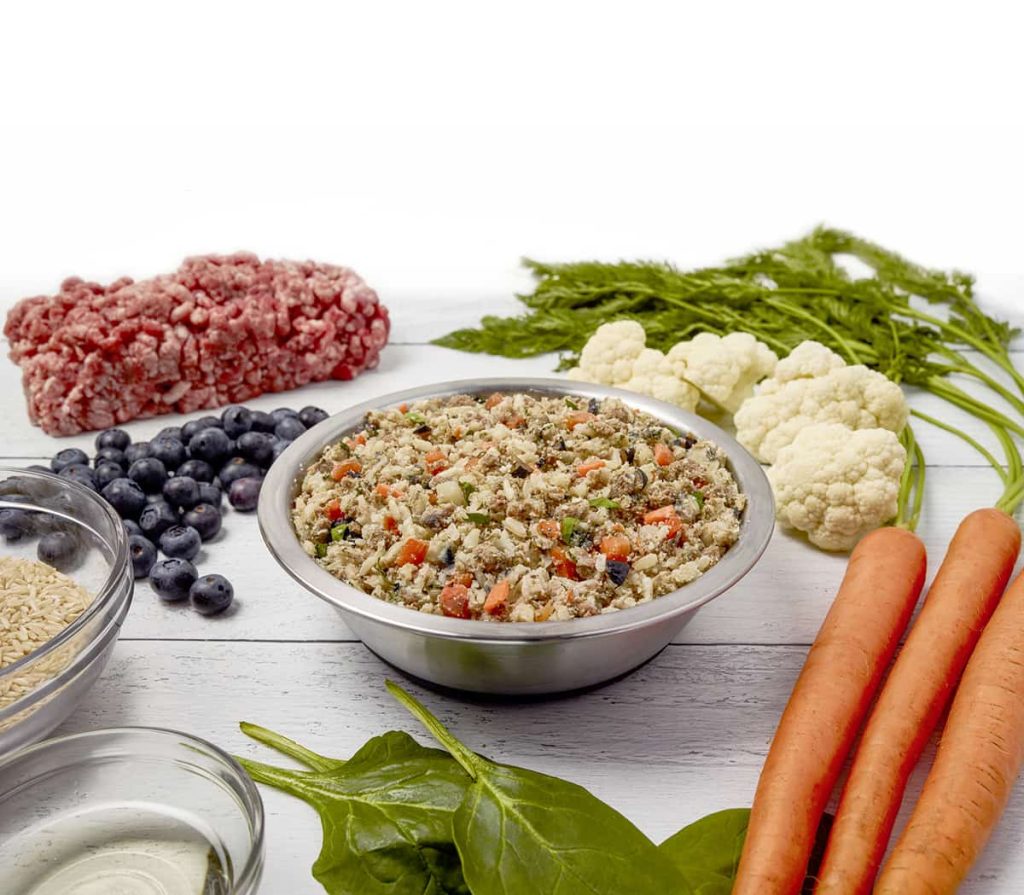
Of course, you want the best for your pooch, including feeding healthy foods. Fresh veggies and other healthy human foods also have nutritional benefits for your dog.
However, it’s one thing to offer your dog the occasional veggie or fruit as a dog treat and quite another to load your dog up with green vegetables.
Your healthy pooch needs a calibrated amount of protein, healthy fats, and carbohydrates. These amounts can change through your dog’s ages, too. A young, active pup needs more fats for their brain and muscle development than a senior dog who’s probably more sedentary.
Many dogs eat spinach, but pet parents don’t want to overdo it with any healthy human foods. A little spinach is fine as a dog treat or a meal topper as long as your dog doesn’t have health problems.
By Jen Philips April
This content is for informational use only and does not replace professional nutrition and/or medical advice, diagnosis, or treatment. It is not a substitute for specific nutrition and/or medical recommendations. Please talk with your veterinarian about any questions or concerns.
